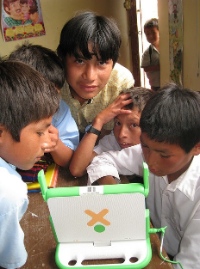A very clever reader in the New York Times has summed up the fundamental essence of economics as follows:
Income Inequality May Take Toll on Growth
Income Inequality May Take Toll on Growth
Brookhawk Maryland
In the end, the economy is about passing money around, from hundreds to millions of people to hundreds of millions of other people. The more people the money passes to and from, the more vibrant the economy. When the money begins to move largely into one group and fewer people have it to pass around, they pass it only to each other or don't pass it at all, and the economy withers and dies.
Why is this so hard to understand?
